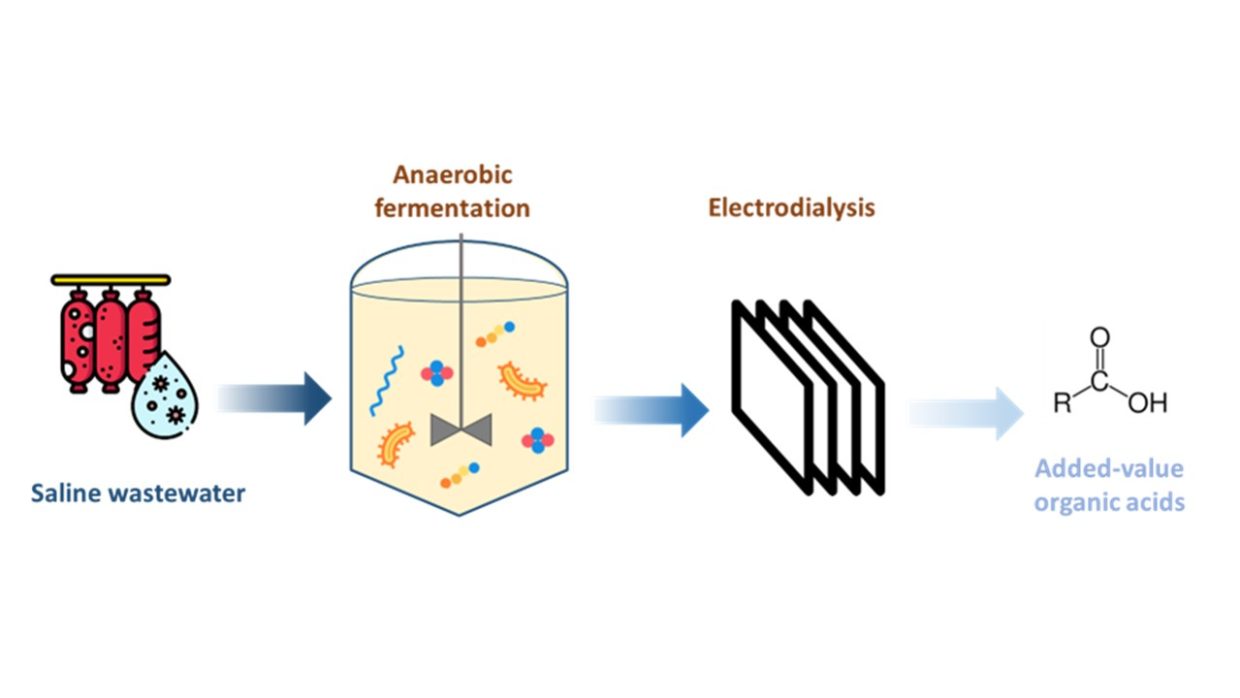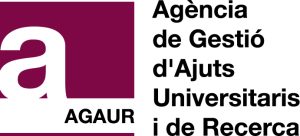VASAL
Valorization of saline wastewater for the production of added-value organic acids

-
Grant agreement ID: 2021 LLAV 00067
-
Total project budget: 20.000€
-
Start Date: 12/10/2022
End Date: 11/07/2023
The meat industry, dealing mainly with slaughter and meat processing, is one of the pillars of the food sector in Europe. The meat industry is the main industry of the agri-food sector in Catalonia with a turnover of 8,453 M€, being the pork sector the most important with the 77% of the volume of meat produced in 2020. During the preparation of processed products such as fuet and cured ham, the meat processing industry generates large volumes of high salinity wastewater due to the use of sodium chloride as preservative agent.
Considering the high environmental impact which could cause their discharge in water bodies due to their high contamination load, saline wastewater must be properly managed by food industries either on-site or through external management companies. The current management costs for brines and saline wastewater are forcing companies to explore alternative processes oriented not only to treat them properly, but also valorize them with the purpose of approaching the circular bioeconomy model.
To address this challenge, the main objective of the VASAL project is the valorization of high salinity wastewater generated in the meat processing industry to produce added-value organic acids of industrial interest. To achieve this main goal, BETA Technological Center is responsible for the evaluation of a fermentation process under anaerobic conditions using mixed microbial culture as inoculum combined with electrodialysis as a suitable technology to recover the organic acids in the permeate and concentrate the salts in a more reduced volume.
The main attractive of the proposed technological solution is that allows, simultaneously, the production of added-value organic acids of industrial interest and, the proper management of brines which entail an important cost for the meat processing industries.
This project is linked to the Knowledge Industry grants (Llavor i Producte) and has the support of the Department of Research and Universities of the Generalitat de Catalunya.


